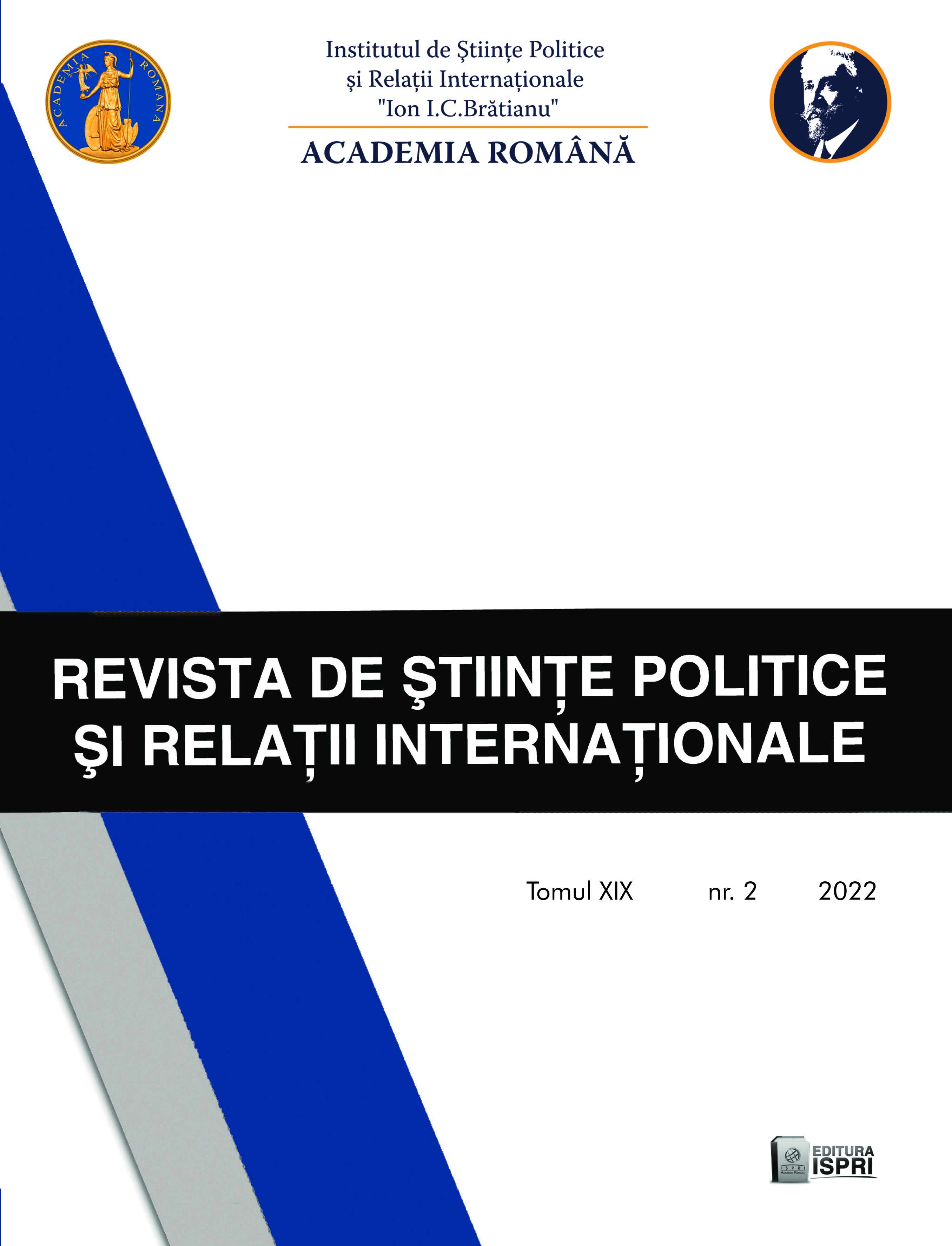RĂZBOIUL DIN COREEA, DIN PERSPECTIVA RELAȚIILOR SINO-SOVIETICE
THE KOREAN WAR, FROM THE PERSPECTIVE OF SINO-SOVIET RELATIONS
Author(s): Ana-Maria IancuSubject(s): Diplomatic history, International relations/trade, Post-War period (1950 - 1989)
Published by: EDITURA INSTITUTULUI DE ȘTIINȚE POLITICE ȘI RELAȚII INTERNAȚIONALE ”Ion I. C. Brătianu”
Keywords: the Korean War; Sino-Soviet relations; USA; Stalin; Mao Zedong; Kim Ir-sen;
Summary/Abstract: As several Soviet secret documents declassified in the 1990s show, the Korean War revealed the existence of tensions and discontent within the seemingly monolithic communist camp. The relationship between Moscow and the new Chinese communist power in the context of the Korean War was complicated, marked from the beginning by power games, mistrust and suspicion, which intensified over time, leading after some years to what was later known as the Sino-Soviet split. Kim Ir-sen, a seemingly unimportant international actor, took advantage of these tensions in order to try to achieve his main goal, the unification of Korea under his control. The Korean War was defined by many upheavals and unforeseen decisions which took by surprise both camps, such as the US involvement in the conflict and, later, the even more surprising Chinese military intervention. Despite having hesitantly decided to enter the conflict, decision finaly took partly due to Soviet pressure, and despite its important war casualties, China came out of the war stronger on the long run. As a result of the Korean War, it was able to impose itself on the international scene as a formidable opponent, worthy of the respect of the greatest nuclear power of the time, and to lay the foundations for its future independence from the Soviet Union.
Journal: Revista de Științe Politice și Relații Internaționale
- Issue Year: XIX/2022
- Issue No: 2
- Page Range: 73-88
- Page Count: 16
- Language: Romanian

